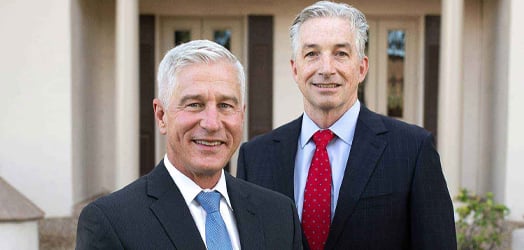“Your body is your business!”
That is the succinct and forceful reminder of a doctor/media commentator on personal health and care delivery to would-be and actual patients everywhere.
Put another way: If you or a family member has health issues that are even remotely concerning, be proactive in researching your symptoms and condition and ultimately getting direct face time with the doctor — and, often, specialists — that you truly need to be seeing.
“[M]edicine is a service industry,” stresses the above-cited medical professional, which most centrally means this: If you have a medical condition that concerns you and are simply trusting wholeheartedly in the qualifications and advice of the first doctor you see, you could be selling yourself short and jeopardizing your health.
It stands to reason that doctors — like lawyers, accountants, truck drivers, professional athletes, actors or any other classification of individuals based upon job focus — are anything but cloned replicas of the same skill set and occupational savvy.
Simply put, and as noted in a recent article chronicling one family’s search for quality health care for a mom suffering from mesothelioma (a rare asbestos-related cancer), some doctors are better than others.
So make sure to find one of those physicians in Arizona or wherever else you might reside.
And rest assured, say many industry commentators, the days have long since passed where patients need to feel as though they must communicate meekly and deferentially with physicians on critically important health-related matters, acquiescing immediately and absolutely to recommended treatments and regimens.
Medical mistakes are seldom trifling matters. In fact, they often prove to be fatal, which necessitates that above-noted proactive patient stance.
As the aforementioned article stresses to any individual or family interacting with medical professionals concerning a health issue, come prepared, ask questions, evaluate what you’ve heard and feel empowered to ask for a second — or third or fourth — opinion.
Because, again, it’s your body and your business.


